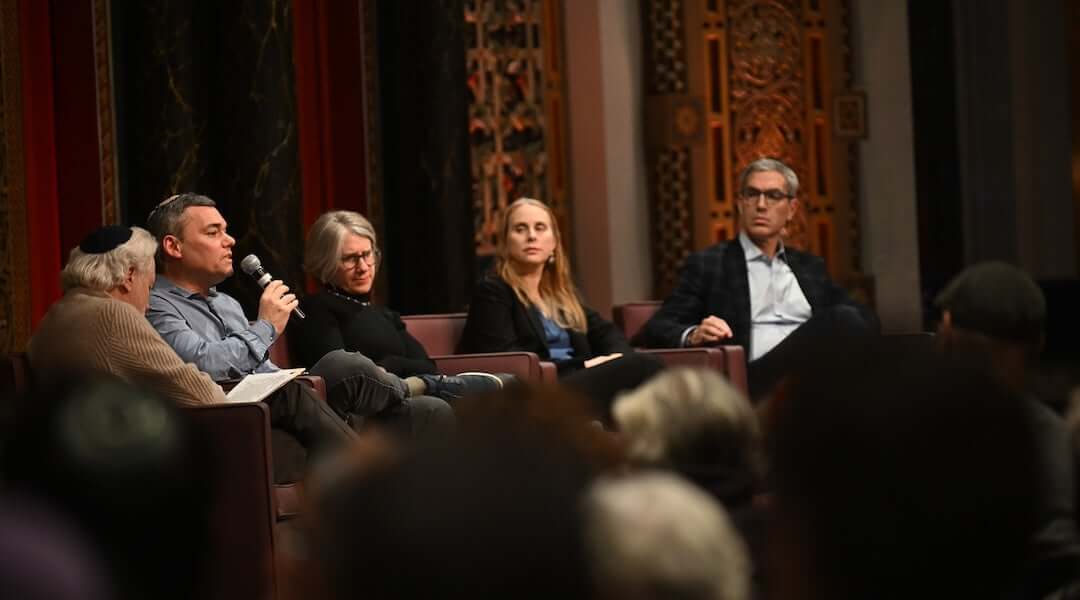Jew vs. Jew in Germany
The Economist offers an interesting look at Germany’s Jewish community, which has grown dramatically thanks to an influx of immigrants from the former Soviet Union. But it is a community deeply divided, between the native German Jews and the Russian-speaking newcomers, who now make up more than 90% of the population.
The Economist reports:
As for the immigrants from the former Soviet Union, most neither know nor care about Jewish rituals and traditions. Few of the newcomers keep a kosher home. Many men are not circumcised. When they arrive in Germany, they focus on the practicalities of life—jobs, flats, social security and health insurance. They play chess rather than Skat, a popular card game in Germany. Their cultural icons are Dostoyevsky and Tchaikovsky, not Goethe and Beethoven, let alone Mendelssohn or Heine, who were German Jews.
Established Jews find the newcomers anders (different from us), suspect that they are not “real” Jews and think they are mainly coming in search of prosperity and material help from the state and the community. “They take whatever they can get,” sniffs one.
There is also an argument over identity. For decades, Jews in the former Soviet Union did their utmost to hide from Soviet authorities and even to destroy proof of their origins. So when Germany started to admit Jews in 1991 under the “quota refugee law” (which granted them special refugee status), many could not assemble the papers required to prove their Jewishness. Thousands are reckoned to have got into Germany with false documents.
The strictly orthodox faction in the German community, which is by far the strongest, does not accept even the majority of those who came with proper identification. According to halakha, or religious law, only a convert or a child born to a Jewish mother is Jewish. Jeffrey Peck, a professor at Georgetown University and author of “Being Jewish in the New Germany”, a book exploring the diversity of contemporary Jewish life in Germany, says that about 80% of the newcomers are not halakhically Jewish. Yet they are the future of Judaism in Germany.
Read the full article.
















